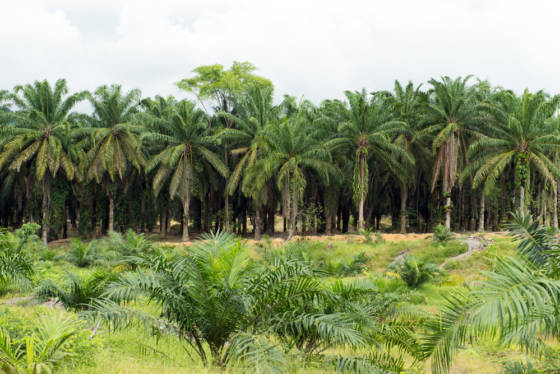FMO accused of funding human rights abuses on palm oil plantations


Dutch development bank FMO is one of four European lenders accused of financing human rights abuses in the palm oil sector in the Democratic Republic of Congo.
Human Rights Watch (HRW) reported that four state-backed development banks had invested around $100 mln (€91 mln) since 2013 in Feronia. It accuses the company of dumping untreated waste in waterways, exposing workers to dangerous pesticides and paying them less than $1.90 a day, the World Bank’s threshold for ‘extreme poverty’.
Feronia is due to hold a shareholders’ meeting on November 25 in London with the four banks, who also include the Belgian BIO, UK-based CDC Group and Germany’s DEG, to discuss its environmental and social track record.
PHC, Feronia’s subsidiary in DR Congo, is one of the country’s five biggest private employers with more than 10,000 workers on its books and around 100,000 people living on its plantations, which are leased from the government.
HRW said it had interviewed more than 200 people, including more than 100 workers on PHC’s three plantations. Workers complained of skin irritation, pustules, blisters, eye problems or blurred vision. Two-thirds of men said they had become impotent since starting work.
Congolese law requires people employed in high-risk jobs to undergo compulsory medical testing, but the workers on PHC’s plantations said they had never been given their results.
‘Polluted waterway’
HRW also spoke to managers who said that tonnes of untreated waste from PHC’s palm oil mills were dumped into a waterway that flows past workers’ homes, creating a foul stench.
Luciana Tellez, environment and human rights researcher at HRW, called on the development banks to hold Feronia to account over its environmental and labour law violations.
‘These banks can play an important role promoting development, but they are sabotaging their mission by failing to ensure that the company they finance respects the rights of its workers and communities on the plantations,’ she said. ‘The banks should insist that Feronia remedies the abuses and commits to a concrete plan to end them.’
Feronia and FMO told Trouw that wages had been increased this year to €3 per day and that the sewage in the waterways had ‘no environmental effect’. ‘The converse is true: it works well as fertiliser on the plantations,’ said company director Xavier de Carnière.
It is not the first time FMO has come under fire for its investments in developing countries. Last month Trouw reported that at least seven projects financed by the bank, which is 51% owned by the Dutch state, had experienced serious problems.
FMO part-financed dam projects in Honduras and Panama which led to the death of protestors, Trouw said. The director of the company building the Honduras dam has been arrested and charged with involvement in murder.
Thank you for donating to DutchNews.nl.
We could not provide the Dutch News service, and keep it free of charge, without the generous support of our readers. Your donations allow us to report on issues you tell us matter, and provide you with a summary of the most important Dutch news each day.
Make a donation